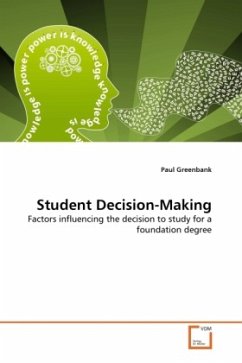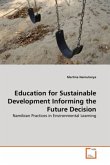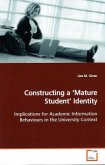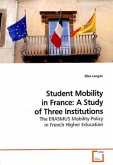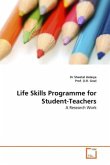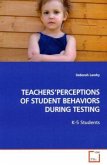There has been relatively little research into foundation degrees. We also have a limited understanding of the process students engage in when making decisions about whether or not to enter higher education and where and what to study. This research aimed to combine these two under-researched areas by examining the factors influencing the students' decision to study for a foundation degree. The study found that students did not adopt a very rational approach to decision-making. For example, the students did not have have clear long-term objectives, they just believed that completing the foundation degree and progressing to an honours degree would lead to a good' graduate job. They also tended to utilise information from a very narrow range of 'hot' sources. Furthermore, the students did not consider the range of different options open to them. Indeed, they often adopted satisficing behaviour which meant they considered a small number of alternatives sequentially until they found,not the best course for them, but one that was 'satisfactory'.
Bitte wählen Sie Ihr Anliegen aus.
Rechnungen
Retourenschein anfordern
Bestellstatus
Storno

